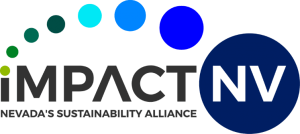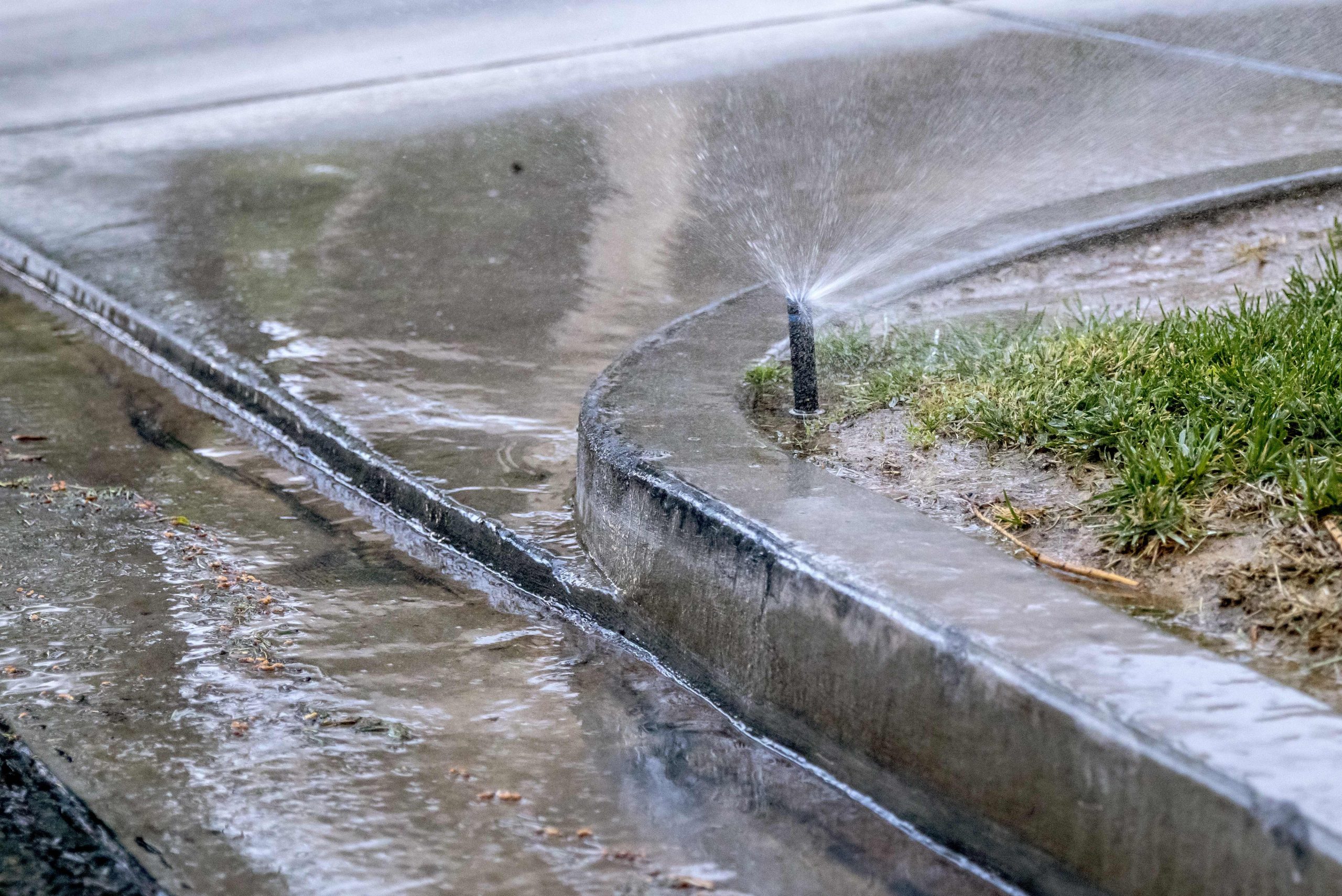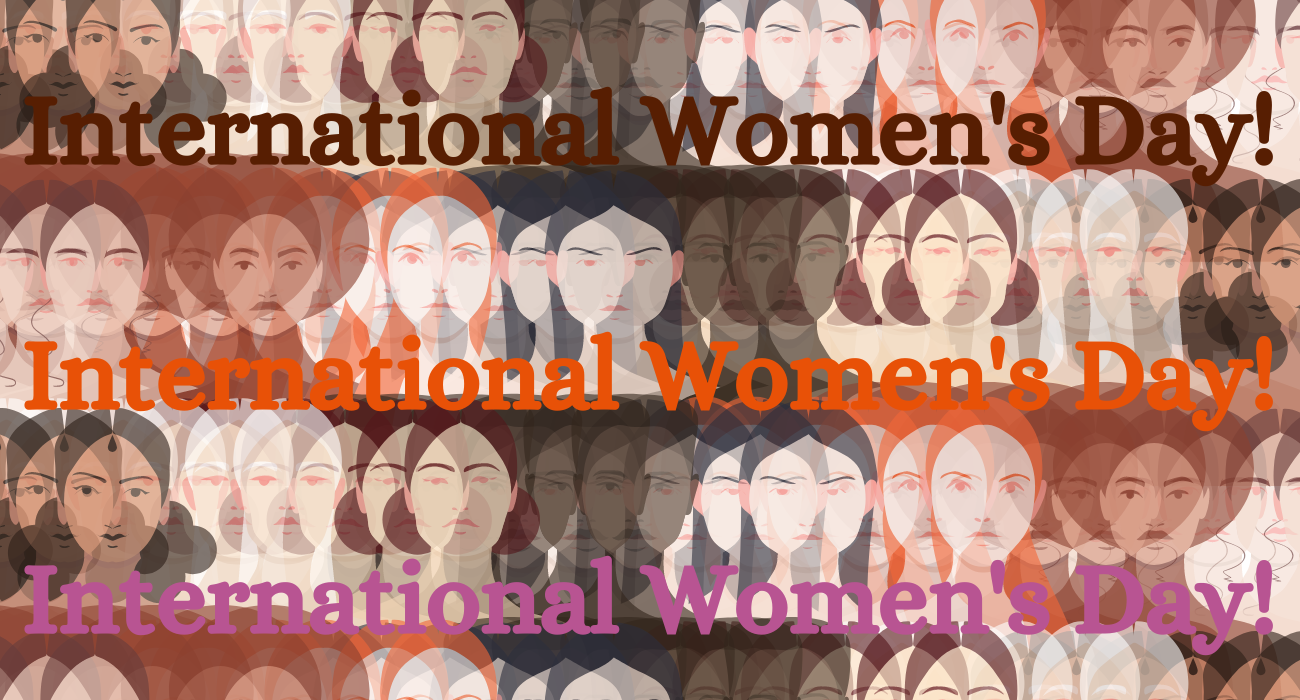
Many people know that both UNLV and the University of Nevada Reno achieved the R1, “very high research activity” status from the Carnegie Foundation for the Advancement of Teaching last year. They might not be aware, however, that both universities also earned the community engagement classification from the Carnegie Foundation this year. According to UNLV’s office of Community Engagement, “in 2019, UNLV was engaged in more than 1,000 new and ongoing community partnership projects involving nearly 500 partners spanning state, city, and county agencies, businesses, schools, and non-profit organizations.”
Here are just a few of the projects UNLV has been working on:
Rebel Science Camp
Since 2017, UNLV’s Rebel Science Camp has partnered with local Title I elementary schools to bring fifth graders into the laboratory in order to teach them about how science impacts their daily lives and encourage them to set and pursue educational goals in STEM related fields. More than 600 students have participated in the program so far, studying topics such as chemistry, climate change,chromatography and water conservation.
Free Legal Services
UNLV’s William S. Boyd School of Law in partnership with Legal Aid Center of Southern Nevada and Nevada Legal Services to help meet the need for legal services in our community. First-year students take part in offering weekly workshops on issues related to family or small claims court. The workshops do not offer specific legal advice but do explain basic procedures involved in cases regarding custody, foreclosure, bankruptcy, paternity, etc. Students that are further along in law school, begin representing (under faculty supervision) clients in cases having to do with child welfare, consumer, family and tax law. The goal is that “these sorts of experiences should help to reinforce the students’ commitment to community service, while demonstrating to the students that there is a large unmet need for legal services in our society today. We hope that Boyd School of Law students and graduates will be a positive force – throughout their careers – in meeting this need and in making their community a better place.”
Failure to Appear
Criminal justice professor Alexis Kennedy continues to reserach court cases surrounding victims of sex trafficking. Her project, “Failure to Appear” was funded by a grant from the Department of Justice and brought Family Courts, local service providers, and survivors of human trafficking together in order to ask victims what services would be most valuable to them. The project also shines a light on the discrepancy between how child victims of sex trafficking are defined as victims at the federal level but, at the state level, they are processed through the juvenile court system. This program initially ran from 2016 to 2018. It included faculty members and students in interviewing trafficking survivors. The data gathered have since been “used in peer-reviewed publications and presented at national and international conferences”.




